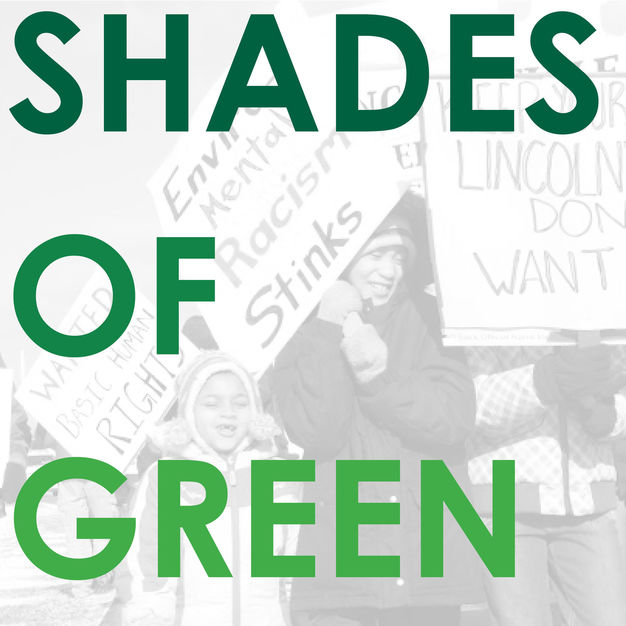Justice in Public: Reconciliation, Reparations and the Decolonized Future
What will Mi'kma'ki look and feel like when environmental justice is achieved?
Over the last couple of years, we've asked this question to dozens of people working on the front lines of these movements. Because it turns out that environmental justice is not just about dismantling systems of oppression like colonial and white supremacy. It definitely IS about those things, but it's also about imagining and shaping futures where we can all safely live, work and play together on these unceded lands, humans and non-humans alike.
For some it was a daunting questions. After all, environmental justice can only happen when we've healed from all of the other kinds of injustice too. As Indigenous Climate Justice activist and member of Chipewan First Nation Eriel Deranger describes, "It’s not just about the environmental movement. Decolonization only works if it’s across the board. Through economics, through commerce, through trade, through the development of those resources. For me, decolonization is a restoration of balance in our relationship with mother earth, and it would change everything."
Others really relished in sharing their visions of a just future. Mi'kmaq rights holder and activist Barbara Low's vision was on the tip of her tongue. “This has always been Mi’kma’ki and it will be fully Mi’kma’ki again and that means all of our unceded territories. This whole colonial project is just going to be a drop in the bucket of our whole time."
In today's episode we'll be exploring how tools and frameworks from reparations and reconciliation to decolonization and afrofuturism can help us to envision and shape futures where we don't have to fight for environmental justice any longer. African American writer and cultural geographer Carolyn Finney compels us to imagine how we will attend to the relationships at the centre of these visions, too: "What if everything from legislation to the way we structure our institutions, our curriculums, and our behaviour, came from that premise that justice is love made public? That’s a state of mind I want to be living in, where we don’t necessarily have to call things out like environmental justice or social justice anymore, because we are always tending to it in a full, rich, and complex way, as part the fabric of who we are."
We all have roles to play in imagining and shaping just futures on these lands. For many of us, it begins with learning to listen. And as we've heard throughout this podcast series, many of us need to be willing to let go and allow environmental justice movements to change everything. In Mi'kma'ki, it turns out that our ancestors made treaties that lay out a relationship framework that can help show us the way. As Mi'kmaq rights holder, artist and metal fabricator Tayla Paul describes, all of these concepts are within reaching distance. "It’s come to the point where we have to retire the old way of doing things. And I think it’s not just indigenous people that understand that. We already get it on a grassroots level. On a friendship level. We know what friendship, and sharing and peace are."
Featured Voices:
Dr. Wanda Thomas Bernard
Eriel Deranger
Dr. Carolyn Finney
Shaya Ishaq
El Jones
Lynn Jones
Barbara Low
Catherine Martin
Rebecca Moore
Michelle Paul
Tayla Paul
Dr. Ingrid Waldron
Quotes have been condensed here for clarity and brevity. Huge thanks to every one of the ears and voices that made this episode and this five episode series possible.
Our theme was composed by the incredible Nick Durado. We are also grateful to N'we Jinan Artists and youth from Asiniw-Kisik Education Complex in Kawacatoose First Nation, Saskatchewan for allowing us to excerpt the amazing song, Many Paths.
This project has been supported by Ecology Action Centre and the Community Conservation Research Network
15 March 2018, 1:41 pm
